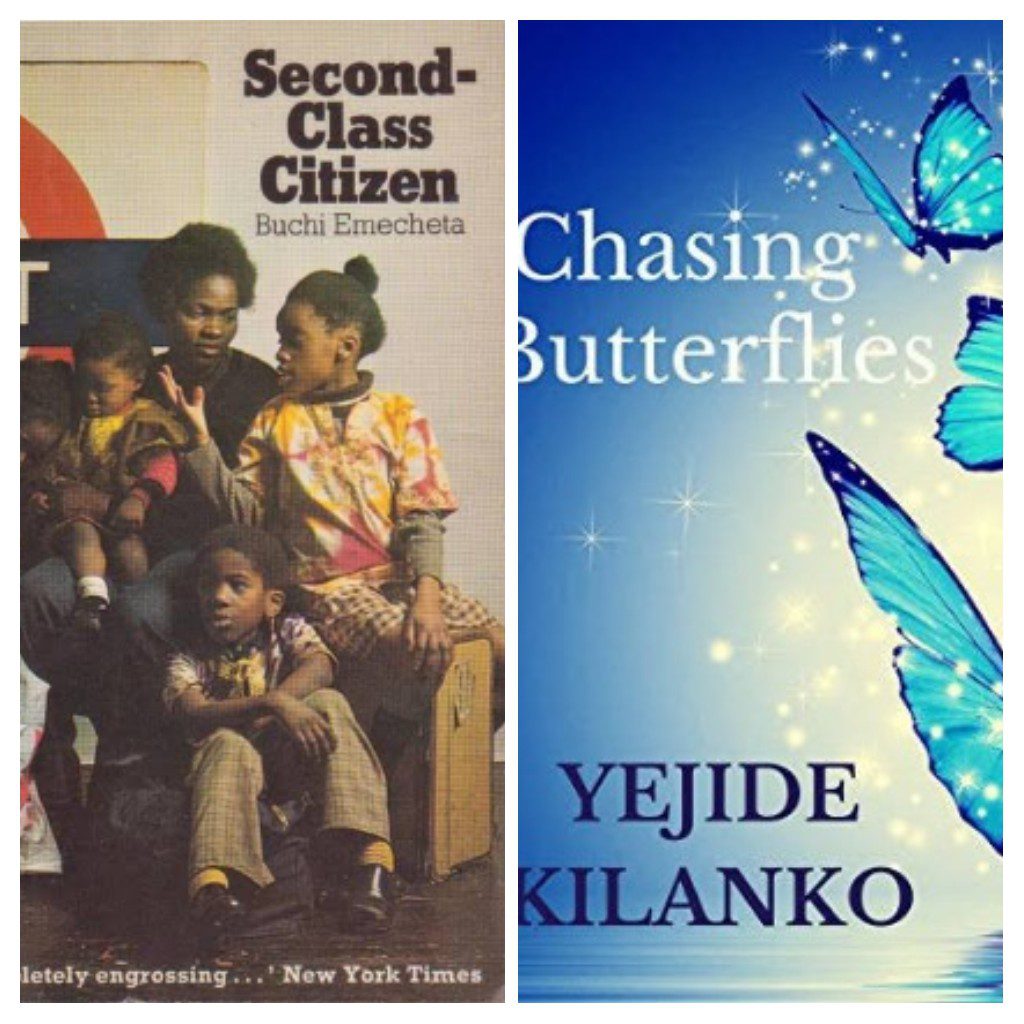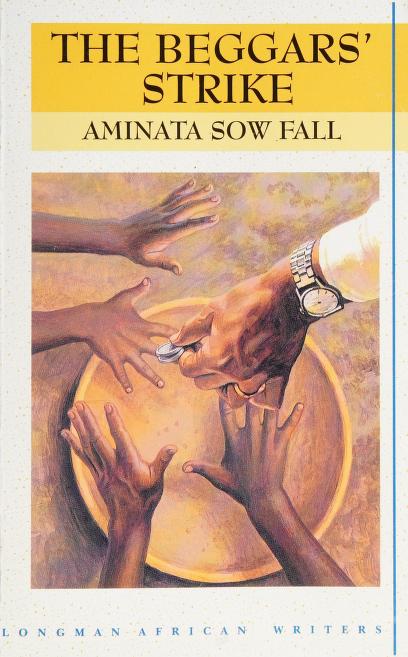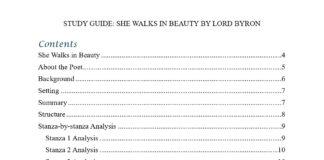Quality UTME Lessons for Art Students
Individual and group classes • Student-friendly rates
📞 Contact Ayomiposi on WhatsApp now
The position of women in Africa has been an issue much chewed over in intellectual conversations and severally couched in distinct literary texts of African extraction. Buchi Emecheta’s Second Class Citizen and Yejide Kilanko’s Chasing Butterflies are examples of such literary works. The two works reflect, in their distinct ways, the place of the African woman and her realities in a society institutionalised around patriarchal values. There is a kind of interconnectedness between the two texts; that when you read the former, you see features of the latter and vice-versa.
Apart from the thematic harmony, the texts feature protagonist heroines, each victims of oppressive marriage, but however strong-willed on their days. Buchi Emecheta’s Adah refuses to look back the moment it dawns on her that she and Francis are never meant together; that her idea of complete romance is her sole delusion, not mutual. Yejide Kilanko’s Titilope also refuses to go back to Tomide amidst pleas from the latter when she realises that it is for the best if she and Tomide go on their separate ways.
In Buchi Emecheta’s SECOND CLASS CITIZEN, there is Adah, the protagonist heroine who nurses a dream, which of course she keeps to herself, right from childhood to travel to the white man’s country, England where she could get good education. As portrayed in the text, women are not thought highly of; thus their limited or no education. It takes Adah’s obstinacy and daringness to get her into a school and her brilliance to keep her in one, long after her father’s demise. Women are portrayed as articles meant to be auctioned off in a marriage transaction. Giving a girl little education, enough for her to read and write, gets her high “bride price”. This view is further corroborated in this extract:
Adah’s schooling would have been stopped, but somebody pointed out that the longer she stayed at school, the bigger the dowry her future husband would pay for her. After all, she was too young for marriage at the age of nine or so, and moreover the extra money she would fetch would tide Boy over. So, for the time being, Adah stayed at school.
This would later tell on her marriage to Francis. It is noteworthy to iterate that Ada is a hardworking woman. At first, Francis feels threatened by Adah’s better job as a librarian compared to his low-paying menial job. Adah’s library job is a departure from the menial factory works other Nigerian wives in their building do. In Nigeria where the couple comes from, the right order is for the husband to earn more than the wife so he can lord it over his wife. However, Francis conciliates with the fact that Adah is his wife after all, his property; he paid her bride price! He starts lazing around; relying on the Adah’s salary for his upkeeps and sustenance.
In Yejide Kilanko’s CHASING BUTTERFLIES, there is Titilope, the heroine, a victim of domestic violence, patient and enduring. She is a dutiful woman, trying to please her husband at her own expense, even at that to no avail. According to her husband, Tomide, she is not as docile as he wants. They both go to work during the weekdays; after which she will be the one to pick TJ, their kid, the one to cook and do the house chores. Yet her husband is not satisfied with her conduct. He beats her at the slightest provocation; wife-beating is a thing that he inherits from his father. It runs in the blood then.
Their marriage now felt like a hostile takeover.
She stays in the marriage nonetheless and covers up for her husband’s misdemeanour even when it’s obvious:
Bunmi’s eyes widened. “You’re bleeding.”
Titilope looked down and saw the blood stain. The contact with Bunmi’s elbow had re-opened a scabbed over wound. “It’s no big deal,” she said.
Bunmi lowered her voice. “What happened?”
Titilope forced another smile. “Don’t mind me. I keep running into things and hurting myself.”
As is the case with most married African women, she stays in the marriage because of her child:
“A good mother does not run from her child’s home. She always stays and fights.”
She will later realise the illogicality of this thought.
Aside from the fact that the two texts have women as their protagonists and also reflect the social conditions of African women, another thing the two novels foregrounded is the proprietary claims men lay on women. Women are reduced to non-essential properties the men, their owners, can do anything with. This is one of the explanations to give to why Tomide maltreats Titilope. In Second Class Citizen, Adah’s “Ma was inherited by Pa’s brother”.
In both texts, it is obvious the African society sees divorce as leprous. This is why Tomide’s mother stayed in an abusive relationship and a reason Titilope’s mother implores her to stay in one too.
Receive Literary Updates through our Social Media Channels:
- WhatsApp: Literature PADI
- Telegram: Literature PADI
- YouTube: @literaturepadi
- Facebook: Literature PADI











